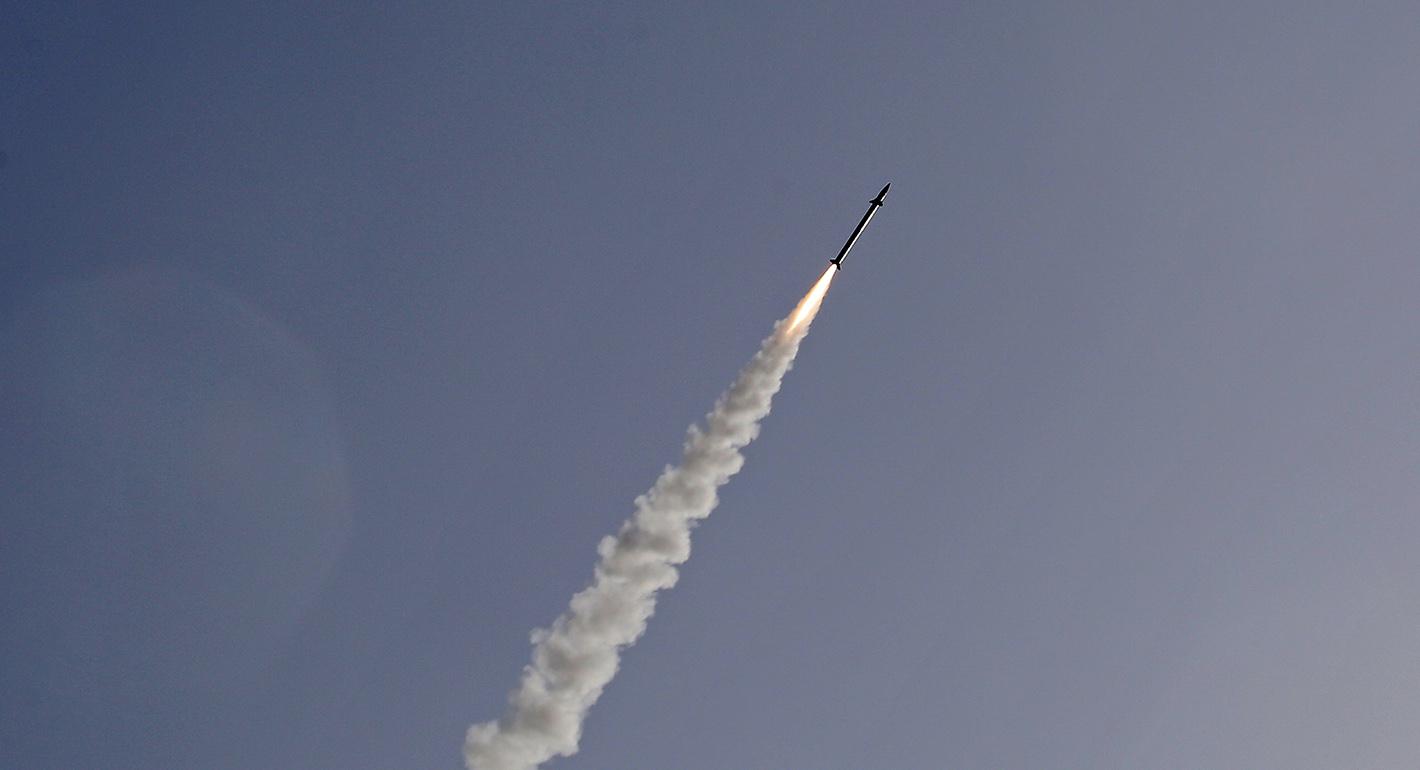Source: The Diplomat
The Trump administration has made strategic arms control with China an important component of its diplomatic agenda with Beijing. As the end of the U.S.-Russia 2010 Strategic Arms Reduction Treaty (New START) looms in February 2021, U.S. officials insist that any extension of that agreement for five years must include China. Beijing has, meanwhile, rejected U.S. calls to participate in arms control, citing its much smaller nuclear arsenal in absolute terms and by emphasizing a unique responsibility for Washington and Moscow to pursue arms control.
To better understand the prospects for U.S.-China arms control, The Diplomat’s senior editor, Ankit Panda, spoke to Tong Zhao, a senior fellow in the Nuclear Policy Program at the Carnegie Endowment for International Peace, based at the Carnegie–Tsinghua Center for Global Policy in Beijing.






